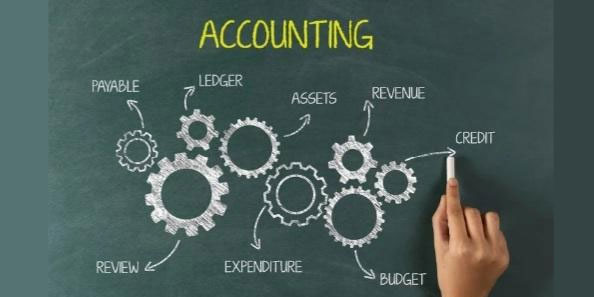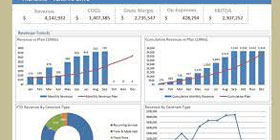If you’re not already enrolled in a 401k or other types of retirement plan, your employer may offer you the chance to sign up for a pension plan. But what are they? What do pension plans entail? In this post, we'll break down all the details!
What is a pension plan?
A pension is simply an agreement between an employer and employee where the employee will receive money from their company as compensation during retirement, even if they don't need it to live on. This can also be called an annuity or deferred income.
If you are wondering why you would need it if you don't need it to live on, think about how much money you will most likely be making when you retire.
Have you heard that more and more people today are retiring with 6 figure pensions? It's true! If your annual salary is $100,000, your pension can make sure that in retirement, you won't have to worry about money. Would having an extra $1000 a month for the rest of your life be nice?
And you know that most retirement plans try to target young people because they will most likely live a long time and save the company money. But many companies also offer pensions to workers who are close to retirement age as well.
So, back to the question of what is a pension. A pension is a plan that entitles you to a fixed monthly payment after you retire. The amount of the monthly payment depends on (1) your age when you begin receiving payments, (2) your years of service and (3) your annual salary at the time of retirement.
For example, let's say Joe Smith works for ABC Company for 20 years and retires at age 60, with an annual salary of $40,000. According to Joe's pension agreement with the company, he would get $1900 each month starting from the time he retires until his death.
Types of Pension Plans
There are two basic types of pensions:
- Defined Benefit Plans
- Defined Contribution Plans
1- Defined Benefit Plan
A defined benefit plan is a pension plan in which the employer guarantees a set amount of benefits to be paid to participants when they retire.
In this case, the employee receives benefits based on factors like age, service and salary at the time of retirement. These benefits may be increased periodically by factors like inflation. In most cases, employers guarantee a minimum annual income for their employees during retirement.
2- Defined Contribution Plans
Defined contribution plans are pension plans in which the employer does not guarantee specific benefits for employees.
The amount of benefits an employee receives is directly dependent on the amount of money he or she and the employer put into their accounts.
The benefit paid may vary from year to year, depending on the performance of the funds. In a defined contribution plan, your contribution usually consists of two parts: a fixed percentage of your salary and an additional fixed dollar amount. Your employer is also required to contribute to your account each year.
Some people are confused about pension plans and think that they are only for government employees. But the fact is that over 50% of American workers (or more than 40 million people) are covered by a pension plan provided by their company!
What are the advantages of a pension plan?
The main benefit of a pension plan is that you receive guaranteed income for your retirement years. The amount you'll receive depends on how much you have contributed over your lifetime and the size of your company's fund. As of 2007, about half of all private-sector workers had retirement benefits, up from less than 10 per cent in the mid-1970s.

What are the disadvantages of a pension plan?
The main disadvantage to pensions is that it is extremely difficult for employees to get them started. Many companies have 401(k) plans that employees can use for retirement, but very few companies offer a pension plan as an option. This is because paying bonuses or other incentives in place of pensions requires much less supervision and paperwork on the employer's end. Plus, most employers feel that the risks are greater because it's not a guarantee and employers can't be sure what might happen in the future.
There are also some disadvantages to being on a pension plan. For one thing, you're investing your money for your retirement for many years, maybe decades. There's no guarantee your investments will always do well, so there may be some pain if they don't. Another disadvantage is that most plans require that you continue to work after you retire, which can make it harder to do things like take courses or travel the world.
Bottom Line: A pension plan is a retirement plan that entitles you to a fixed monthly payment after you retire. The amount of the monthly payment depends on your age when you begin receiving payments, your years of service and your annual salary at the time of retirement.
Conclusion
A pension plan is a retirement savings plan that allows employees to save money for their retirement. Employers often contribute to the plan as well, making it easier for employees to save. There are different pension plans, but all offer tax advantages and allow participants to withdraw money tax-free after they reach a certain age.
Pension plans have been around for many years and are still an important way for employees to save for retirement. However, with the rise of 401(k) plans and other investment options, pensions are becoming less common. They remain an important part of the retirement landscape and can be a valuable way for employees to save money.
So, if you're interested in starting a pension plan or want more information about them, consult with your employer or financial advisor. They can help you understand the different types of pension plans available and decide which one is best for you.
watch next


